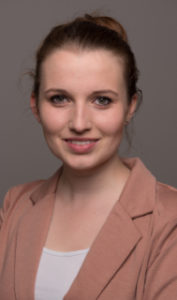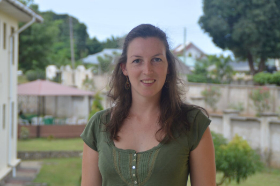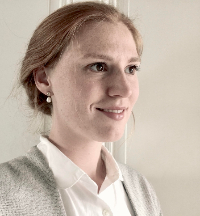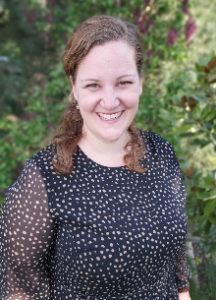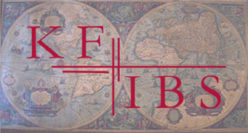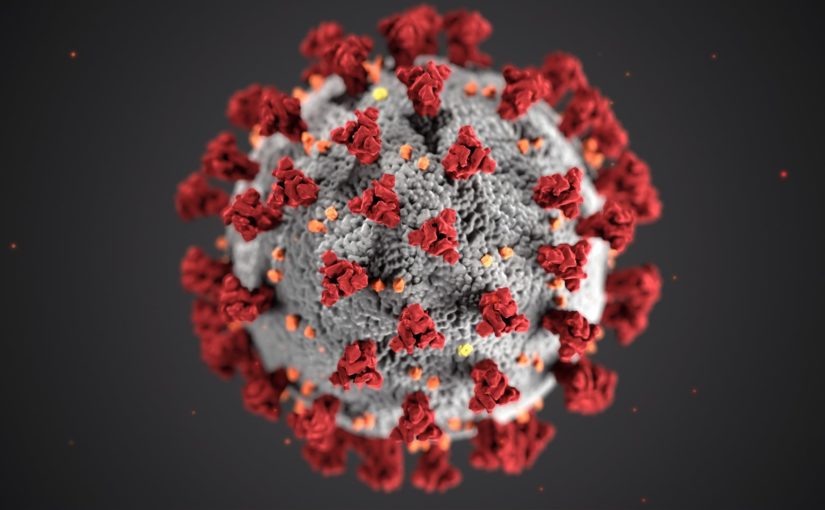Governments across Africa have taken measures to contain the outbreak of COVID-19. The current flood of information is mainly dominated by official sources, media and expert opinions. But how do Africans see the current situation? What do they know about the coronavirus and how are their lives affected? As the KFIBS Africa Research Unit, we were curious to hear the personal stories. This series of blog entries presents answers from people from different countries to questions about personal changes in life, political reactions and their sources of information. We would like to thank everyone who contributed to these articles.
* * *
Traditional and New Sources
COVID-19 has become an omnipresent issue that currently dominates all types of media and information channels. This is true for the modern sources of information like social media and news sites, as well as more traditional ones such as newspapers and radio. When asked about their personal sources of information, our interview partners cited a whole variety, as for example, Nolawit Teshome from Ethiopia did:
“I get information about the virus from official Facebook pages of institutions like the WHO and the local Ministry of Health. Also, I watch local and international news channels like France 24 or Al Jazeera.”
(Nolawit Teshome, Ethiopia)
Most of our interview partners have access to the internet and are young and well-educated. As a recent study from the Institute for Justice and Reconciliation (IJR) in South Africa suggests, this could be the reason why they referred to the same types of sources, although from different platforms. However, and maybe more surprisingly, also those from rural areas and less educated people seem to have access to the news, as Kamvelihle Mapundu from South Africa told us:
“My grandparents live in the rural areas and they are not formally educated. I was worried that they would not understand what was happening, but when I’d call to check up on them, they showed understanding and they told me that they heard on the radio what COVID-19 was all about and what they needed to do. I feel like things also spread via word of mouth, you know?”
(Kamvelihle Mapundo, South Africa)
This enables people to follow the updates on the virus and its consequences. Given the health risks related to COVID-19, especially for the elderly and people living in very remote areas, this is good news. Nevertheless, the uncontrolled spread of information can also blur the line between serious concerns and unjustified hysteria.
Awareness Campaigns Against Fake News
Crisis and uncertainty naturally inspire imagination and catalyze wide-ranging and rapidly changing misinformation narratives. In some West African countries, such as Nigeria, Liberia, Sierra Leone and Guinea, this happened already during the Ebola outbreak from 2014 to 2016. Now again, some have claimed that Africans have a genetic immunity to the disease, which infectious disease specialists have then denied. The misinformation narratives on the coronavirus also include doubtful healing methods and have related the virus to mysterious technologies like 5G, as one of our interview partners reports. Moreover, certain faith leaders with large amounts of followers tend to oversimplify complex matters when telling that the only thing to do against the spread of COVID-19 is praying. The transmission of fake news seems to be particularly problematic in social media and closed chat rooms, as Mokgeseng Ramaisa from South Africa points out:
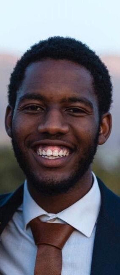
“I think we have a definite information problem, especially false news about COVID-19 spreading on WhatsApp groups. I see a lot of this amongst my parents’ generation. There is a lot of objective information going around but is often overshadowed by false and subjective news.”
Part of the solution against the spread of false information could be private and governmental awareness campaigns that rely on scientific evidence. In some countries, for example, health ministries and network providers have sent messages directly to their citizens to give advice and update people on political measures taken. With an estimated 1000 to 2000 languages on the African continent, one difficulty in making these awareness campaigns accessible to the people is linked to translation. However, as Felix Chabala from Zambia told us, musicians have accepted this challenge and came up with songs in local languages to inform people about coronavirus. In South Africa too, the Health Minister Dr. Zweli Mkhize made an effort and translated his speech in isiZulu, as we learned from Kamvelihle. Deodatha Agricola from Tanzania adds on this:
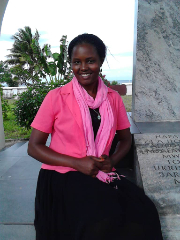
“The government is communicating through the ministry of health. They have formed different committees; some are moving around to areas where they know there are many people that may not speak English. They speak the language they will understand and deliver the information.”
Flood of Information
As we have seen, it may be difficult to find the right sources among the plethora of available information relating to COVID-19. In some respect, we all depend on the judgement of experts and sometimes need to trust official advice we cannot prove ourselves. At the same time, rumors and conspiracy theories may have dangerous consequences by spreading misleading information. To avoid confusion, we therefore all need to find the right balance between blind trust and a critical view, as Rosalie Zobo told us:

“To sensitize friends and acquaintances on how to deal with the coronavirus, I shared my knowledge and expressed criticism about unaudited statements. When I share previously unknown information, I add that people should look on it with a distance. On LinkedIn I also called on people to rely on information from the state and the WHO.”
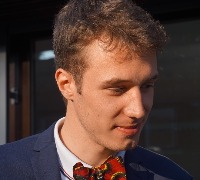
This article was written by Lennart P. Groscurth with the active support of Sandra M. Dürr, Verena G. Himmelreich, Miriam Kalkum and Samantha Ruppel.
